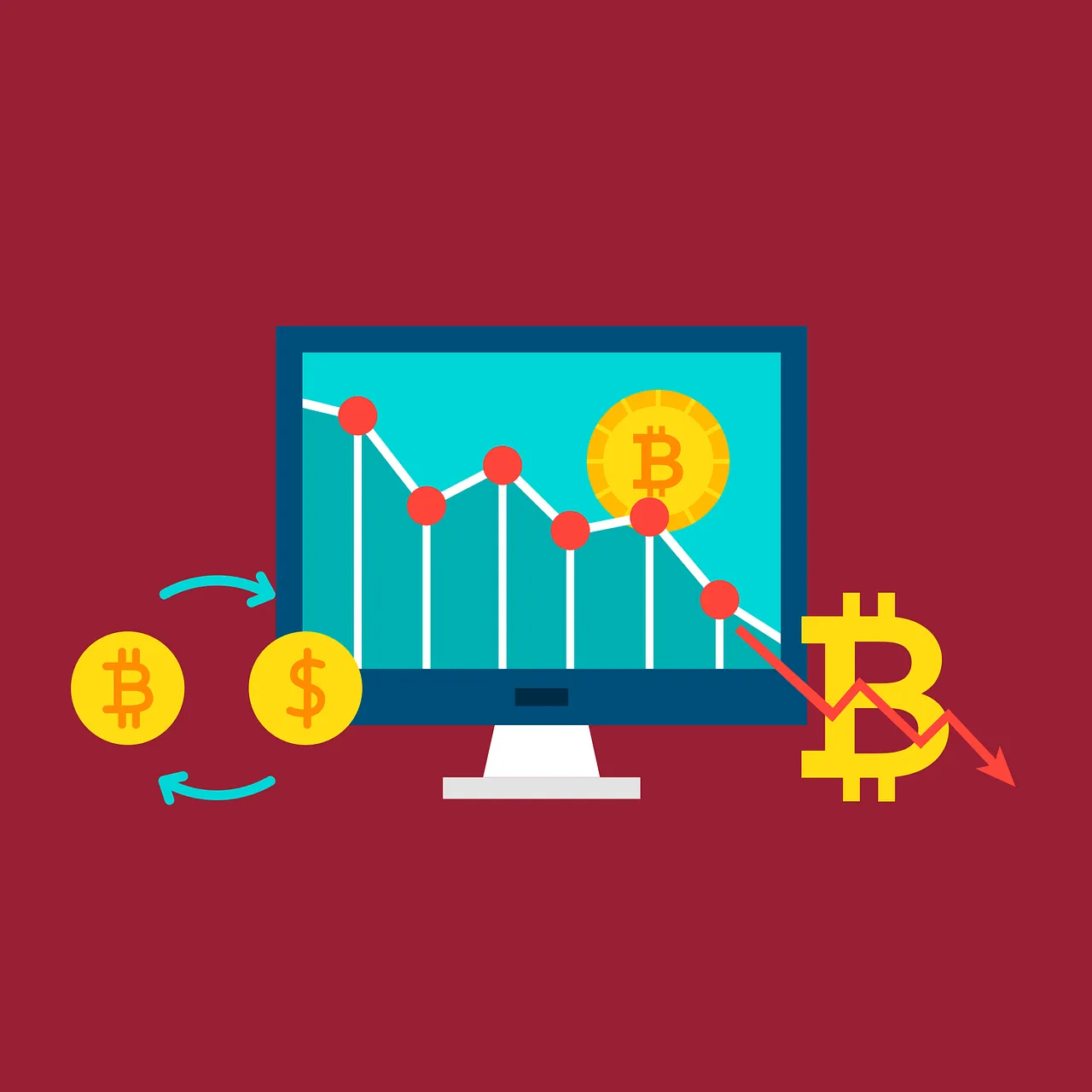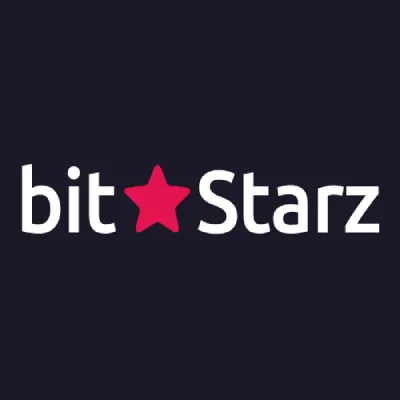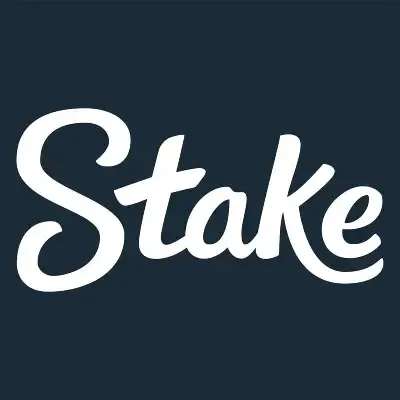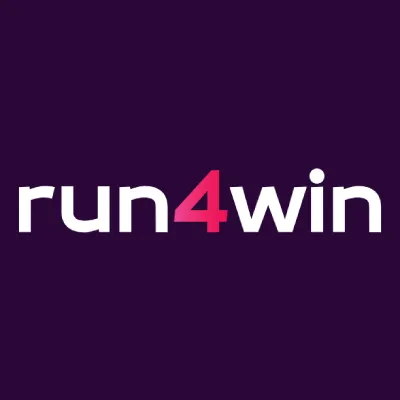
Non-KYC vs. KYC Crypto Exchanges: Which Is Better?
Cryptocurrency exchanges play a vital role in trading digital assets today. As more crypto is introduced in the market, adoption has increased, and so has the transaction volume and amount. Since the rapid adoption of the crypto payment method, the crypto world has been divided into two parts: one part prefers KYC, and the other does not.
So, which one is better?
Know Your Customer (KYC) verification has been the topic of debate for quite some time now. Some businesses enforce strict KYC policies, while others operate without them.
The decision to use a KYC or non-KYC exchange depends on factors such as security and privacy. However, other factors like accessibility and regulatory compliance can also impact your decision-making.
This blog will explore the differences, advantages, and drawbacks of each type of exchange to help you determine which is best suited for your needs.
Understanding KYC and Non-KYC Crypto Exchanges
Learning and understanding KYC and non-KYC crypto exchanges is essential before deciding which one best suits your needs.
KYC (Know Your Customer) is a recording process that requires users to verify their identity before accessing full trading services. Know Your Customers is mandatory in every centralised payment and transaction, such as bank transfers. Moreover, with the increasing risk in the crypto industries and misuse for crime like money laundering, various platforms have started implementing this identification.
The process of applying for this identification involves submitting personal documents such as:
-
Government-issued ID, like a passport or driver’s license.
-
Provide proof of address, like utility bills and bank statements.
-
Sometimes, they might also ask for biometric authentication for future reference.
What are KYC Crypto Exchanges?
As the name suggests, KYC crypto platforms are businesses that allow users to trade cryptocurrencies or digital currencies for other assets, such as conventional fiat money or other digital currencies, only with the requirement of Know Your Customers verification.
Knowing your customers is the initial phase of the anti-money laundering (AML) process in the crypto transaction. KYC procedures are promptly undertaken to identify and confirm a new customer's identification when the financial institution (FI) onboards them.
These procedures enable FIs to evaluate customers’ risk profiles based on their likelihood of committing financial crimes.
What are Non-KYC Crypto Exchanges?
Non-KYC crypto exchanges are businesses that allow users to trade crypto without KYC verification. They work on the anonymity and privacy principle, which is the foundation of the entire crypto ecosystem. These platforms operate in jurisdictions with minimal regulation or rely on decentralized systems to function.
The best decentralized exchanges (DEX) without KYC allow users to engage in peer-to-peer trading without compromising their privacy, offering a decentralized alternative to traditional, regulated exchanges.
Key Differences Between KYC vs. Non-KYC Exchanges
Here are some of the major differences between the Decentralized exchanges vs. centralized exchanges
| Basis | KYC Exchanges | Non-KYC Exchanges |
|---|---|---|
| Verification Process | Requires ID verification | No ID verification needed |
| Privacy | Less privacy as the identity is linked to the account | More anonymity and privacy |
| Regulatory Compliance | Compliant with financial regulations | Often operate in gray areas |
| Security | Higher security due to fraud prevention measures | Security depends on platform policies and the agent’s reputation |
| Withdrawal Limits | Often higher withdrawal limits | May have stricter withdrawal caps |
| Fiat Transactions | Supports fiat deposits & withdrawals | Often crypto-only transactions |
Pros and Cons of KYC
There are several advantages of this Know Your Customer Crypto Exchange that can make it ideal for many users. However, like two sides of the same coin, there are some disadvantages to this kind of exchange which can make it obsolete for many. Let’s cover some of KYC crypto exchange pros and cons.
Pros
-
They generally have higher security and fraud prevention.
-
They are compliant with regulations like Anti-Money Laundering (AML), reducing legal risks.
-
Easier access to fiat-to-crypto services and vice versa.
-
Higher withdrawal and transaction limits with additional trading features.
Cons
-
They have reduced privacy due to identity verification.
-
Longer signup and approval process, which can be daunting if you urgently need it.
-
Regulatory compliance can lead to location-based restrictions, especially where crypto is banned or highly monitored.
-
Increased risk of personal data breaches if exchange security is compromised.
Pros and Cons of Non-KYC
Like the Know Your Customers platforms, this platform also has pros and cons, which make it perfect for some while not useful to others.
Pros
-
Users can enjoy full privacy and anonymity.
-
Faster access to trading with no verification wait times.
-
Fewer restrictions based on geographical location and platform use.
-
No risk of identity theft due to personal data collection.
-
Freedom to trade without government oversight.
Cons
-
Increased risk of fraud, scams, and hacks.
-
Limited fiat deposit/withdrawal options are available in the majority of platforms.
-
Potential regulatory issues leading to shutdowns and bans of accounts.
-
Often, withdrawal limits are lower compared to KYC exchanges as a measure to prevent crimes and asset misuse.
-
Less recourse in case of lost funds or disputes.
-
It may have higher trading fees due to increased risk exposure.
When should you choose a KYC or non-KYC exchange?
Choosing between a regulated and non-regulated crypto exchange involves several considerations. These may include privacy needs and security concerns. Others opt for compliance with regulations and the type of transactions users wish to make with the exchange.
Who Should Choose KYC Exchanges?
KYC platforms are usually better for users who value security, regulatory compliance, and processing fiat transactions. Here is when these businesses are best:
Traders Who Prioritize Security and Regulatory Compliance
Know Your Customer platforms provide strong fraud protection for people who wish to make their crypto trading as secure as possible. KYC exchanges are legally bound to have stringent identity verification and security measures in place to reduce the likelihood of fraud, hacking, or scams.
KYC platforms are usually government-regulated, so they must adhere to stringent anti-money laundering (AML) laws and other financial regulations.
If you would like the reassurance of knowing that your exchange is in compliance with these laws, centralized platforms are the way to go. They also provide a more secure location to conduct large trades because these websites tend to have robust security practices in place, including two-factor authentication (2FA), cold storage, and insurance against hacks.
Users Who Need Fiat On/Off Ramps
When you need to trade cryptocurrencies with fiat currencies (such as USD or EUR) for utilization in trading, a KYC exchange is typically a necessity. Decentralized platforms also will not support withdrawals or deposits in fiat funds, which excludes your access to the wider financial ecosystem. With a Know Your Customers regulated platform, you can deposit fiat funds into or withdraw from your bank account easily, which suits users who require easy integration with traditional currencies in their crypto holding.
Long-Term Investors Seeking Stability and Protection
If you are a long-term investor who will be holding cryptocurrencies for years, you can use a KYC exchange. These platforms are more stable as they are in line with local and global regulations. Know Your Customers platforms will usually have insurance on user funds and better levels of customer service, which could be vital in safeguarding long-term investments. In addition, such sites are more capable of withstanding regulatory crackdowns and can endure the possibility of their shutdown for breaching regulations looming over them.
Users in Countries with Stringent Regulations
In some areas, the regulatory landscape around cryptocurrencies is already stringent, and Know Your Customers exchanges are the only legal ones with which to trade. For example, users in the U.S. or EU are compelled to use platforms that are KYC and AML compliant. Trading on a regulated exchange guarantees that you are in accordance with local laws and do not run into any legal complications, which may be the result of trading on a non-KYC platform.
Who Should Choose Non-KYC Exchanges?
No KYC crypto regulations are generally the ideal option for those who value privacy and anonymity. Moreover, this platform also ensures fewer restrictions. However, their usage is not always the safest. They are accompanied by compromises, particularly in the areas of security and compliance with regulations.
Users Who Prioritize Privacy and Anonymity
If privacy is your top priority, non-KYC businesses are the way to go. Because Privacy-focused crypto exchanges don't ask you to upload personal identification documents, your identity is kept anonymous when using these platforms. For individuals who wish to trade without revealing personal information to third parties, KYC-free crypto trading platforms offer some degree of confidentiality that Know Your Customers businesses cannot.
This is especially attractive to individuals who do not wish to reveal their identity or financial data to exchanges or governmental authorities. Individuals who are worried about surveillance or data privacy might favor non-KYC exchanges. For instance, if you are engaged in crypto gambling, then it might be a good idea to remain anonymous.
Traders Who Only Deal with Crypto-to-Crypto Transactions
Crypto exchanges that allow withdrawals without KYC are usually best for individuals who deal in cryptocurrency alone and do not require any interaction with conventional banking channels. The websites offer crypto-to-crypto transactions, where individuals can trade one cryptocurrency for another without deposits or withdrawals of fiat money.
For instance, if you simply wish to trade Bitcoin for Ethereum or other altcoins, a Cryptocurrency exchange that allows withdrawals without KYC can make it possible without subjecting you to identity verification. If you are only dealing in cryptocurrency, then such a platform can make trading simple and swift.
Individuals in Regions with Restricted Access to KYC Exchanges
In certain nations, KYC platforms are unavailable or limited because of strict regulations. Traders in these nations may use non-KYC exchanges as the sole means of tapping into the international cryptocurrency market. For instance, in nations with strict crypto regulations or less developed banking systems, non-KYC exchanges can provide an option, particularly where more compliant platforms are censored or hard to reach.
These transactions can allow users to circumvent geographic blocking and retain access to crypto exchanges. That said, they should be noted for the possibility of risks incurred, such as a government crackdown or legal ambiguity.
Users Who Want Faster Access to Trading
One of the most significant benefits of non-Know Your Customers platforms is instant trading. Since there is no identity verification, you don't need to wait for approval to use the platform. This is a huge advantage for users who need immediate access to their funds and are searching for a seamless and swift trading experience.
For casual traders or individuals who enjoy the ease of onboarding without having to wait for long durations of time, non-Know Your Customers platforms can offer a faster and smoother onboarding experience. The lack of identity verification also eliminates the frustrating paperwork or additional steps that come with KYC platforms.
Likewise, if you are earning small digital currency with Crypto Faucets, then you can choose this platform to avoid long processes for small amounts of assets.
Users Seeking Lower Trading Costs
Although not always true, some non-KYC exchanges are less expensive than their KYC-compliant counterparts. They operate in a less regulated space, which can help them cut costs and, in turn, result in lower trading fees. Traders who are ready to save on their trading costs can use a non-KYC platform if they balance this against the attendant risks.
Popular KYC and Non-KYC Crypto Exchanges
Best KYC Crypto Exchange List
There are hundreds of options available for this platform. As a result, choosing the right one can be daunting. However, you don't need to worry as we have listed some of the best options and market leaders for the regulated digital money exchanges.
-
Binance: Binance is one of the largest platforms globally, offering a wide range of services and complying with global regulations.
-
Coinbase: Coinbase is known for its user-friendly interface and regulatory compliance in the U.S.
-
Kraken: Kraken is a well-established platform focused on security and regulatory compliance.
-
Bitstamp: Bitstamo is one of the oldest platforms in the industry, with strong KYC protocols in place.
Best Non-KYC Crypto Exchanges List
There are more exchanges on this platform as fewer regulations are required. As a result, choosing the best one can be a headache. So, we have made a list of the best and comparatively safer nonregulated digital asset exchanges.
-
KuCoin: KuCOins offers limited withdrawals without KYC, allowing for more privacy while still providing a wide range of trading options.
-
Bisq: Bisq is a decentralized exchange that supports peer-to-peer crypto trading without requiring identity verification.
-
LocalMonero: LocalMonero is a peer-to-peer platform that focuses on trading Monero, allowing users to remain anonymous.
-
TradeOgre: TradeOgre is a crypto-to-crypto platform that does not require KYC verification for trading.
Conclusion
All in all, the decision to choose the platform depends on what you prioritize. KYC exchanges are more secure and compliant with regulations. Moreover, they provide better fiat currency access for the users. Therefore, they suit users who value safety and stability in the long run. They are also ideal for users in highly regulated regions or those requiring the best fiat-to-crypto services.
On the other hand, non-KYC exchanges provide more anonymity and privacy as users are allowed to trade without verifying their identity. They are best for privacy-loving users and those who want immediate access to trading. Likewise, if you are only into crypto-to-crypto trading, this platform might be for you.
Frequently Asked Questions (FAQs)
How to trade crypto without KYC?
The process of trading crypto without KYC can be achieved with the help of non-KYC exchanges along with decentralized exchanges (DEXs) that do not require identity verification. The process to trade starts when you create an account or connect your wallet since DEXs and non-Know Your Customers platforms do not demand identification verification.
What are the risks of using Non-KYC crypto exchanges?
When dealing with exchanges without KYC systems, your risks increase because you expose yourself to more potential fraud and scams. This platform also carries the potential for hackers to breach the system beyond other possible risks. Operational activities in unregulated regions expose the platforms to regulatory and legal uncertainties, which could trigger the closure of customer accounts.
Are Non-KYC crypto exchanges legal?
Non-KYC crypto platforms can be legal or not, depending on the jurisdiction you are located. However, they often operate in gray areas with less regulation or where crypto laws are unclear, which can pose legal risks. Users should research local regulations before using them.
How do Non-KYC exchanges compare to KYC exchanges?
Non-KYC platforms provide greater privacy, faster access to trading, and fewer geographical limitations, but they have higher risks like fraud and less security. KYC exchanges provide more financial backing, regulatory adherence, and fiat access but with identity verification and less privacy.
Can I withdraw from a crypto exchange without KYC?
One can withdraw from some non-KYC exchanges, but there is normally a limit, such as minimum withdrawal amounts. Most non-KYC exchanges do not allow larger withdrawals until the identity verification process is undertaken, while KYC exchanges often have higher withdrawal limits for identified customers.







